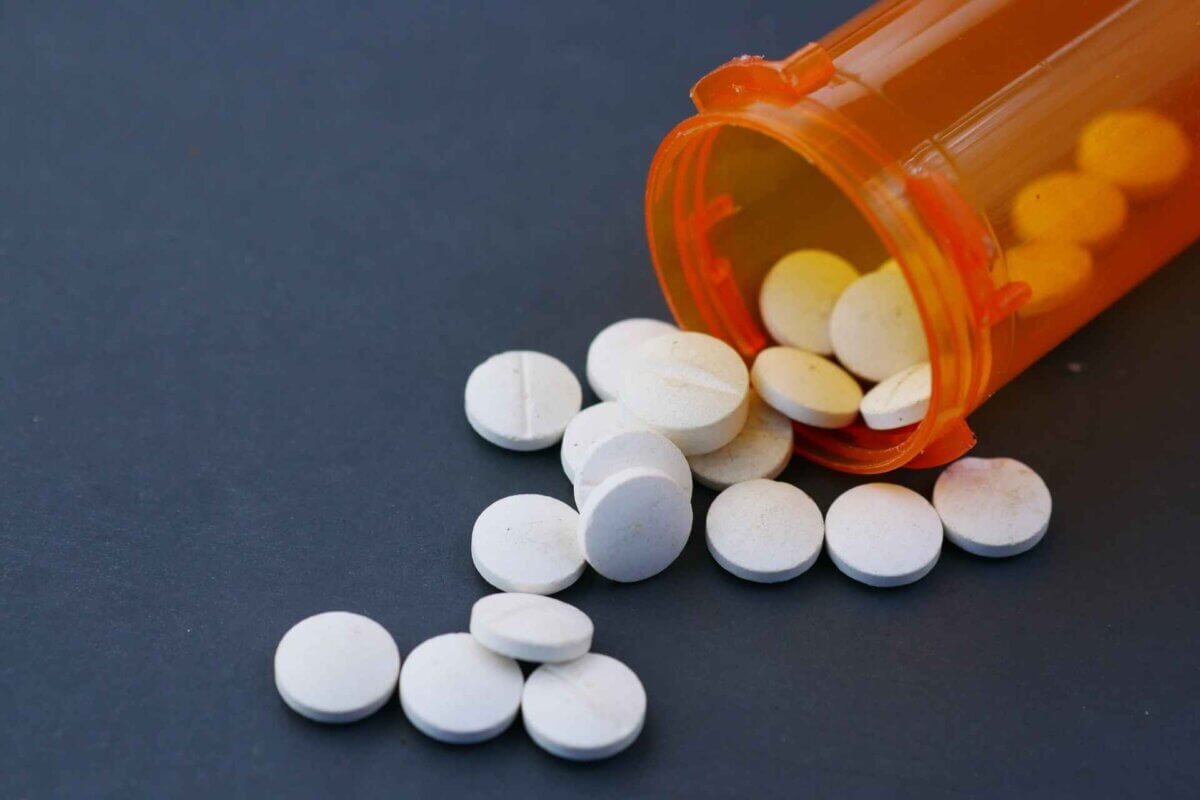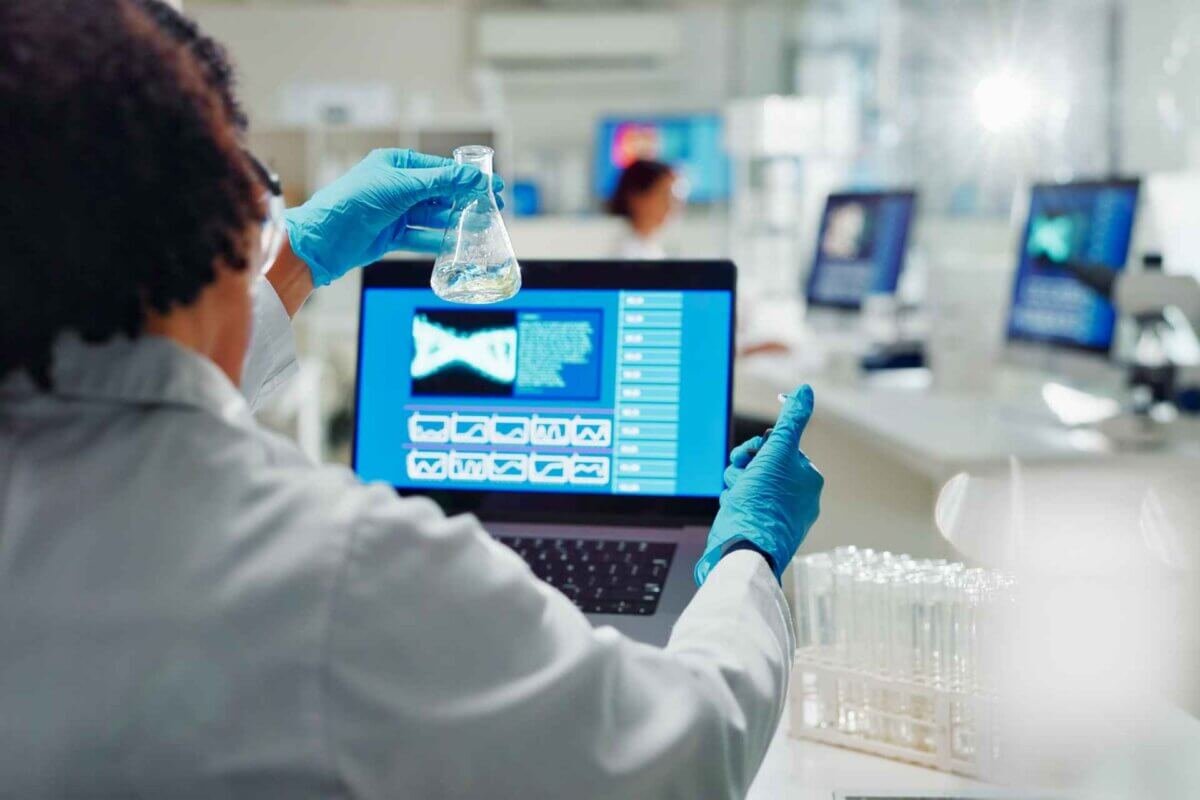The Immunology of Diabetes Society (IDS) Congress in Bruges, Belgium. The analysis will be presented at a Satellite Symposium organized by Abbott. The results support the robustness of the treatment effects and underscore the potential for precision medicine to slow and delay disease progression in Type 1 Diabetes.
“These analyses clarify the robustness of our previous treatment results across trials in our genetically defined responder patient group, and further characterize the effect of Diamyd® on glycemic control”, says Ulf Hannelius, CEO of Diamyd Medical. “These insights together with the benign safety profile are central for positioning Diamyd® as a best-in-class immunotherapy and in our preparations ahead of a potential accelerated approval by the U.S. FDA.”
Summary of the detailed breakdown of the previously published meta-analysis that included data from 627 patients, with a focus on DR3-DQ2 positive patients and high dose (3 or 4 injections) group where available:
- D/P2/04/3 Trial: 34 out of a total of 70 patients, ages 10-18, were positive for HLA DR3-DQ2 and had received either 2 subcutaneous injections of Diamyd® or placebo. The results showed a 56.6 % improvement in C-peptide preservation (p = 0.0106). Original study published in New England Journal in 2008 (https://www.nejm.org/doi/10.1056/NEJMoa0804328).
- D/P3/07/4 Trial: 109 out of a total of 334 patients, ages 10-20, were positive for HLA DR3-DQ2 and had received 4 subcutaneous injections of Diamyd® or placebo. The results showed a 37.4 % improvement in C-peptide preservation (p = 0.0235). Original study published in New England Journal of Medicine in 2012 (https://www.nejm.org/doi/10.1056/NEJMoa1107096).
- TrialNet 08 Trial: 50 out of a total of 145 patients, ages 3-45, were positive for HLA DR3-DQ2 and had received 3 subcutaneous injections of Diamyd® or placebo. The results indicated a 48.0 % improvement in C-peptide preservation (p = 0.1458). Original study published in The Lancet in 2011 (https://pmc.ncbi.nlm.nih.gov/articles/PMC3580128/).
- DIAGNODE-2 Trial: 49 out of a total of 109 patients, ages 12-24, were positive for HLA DR3-DQ2 and had received 3 intralymphatic injections of Diamyd® or placebo. The results showed a 55.7 % improvement in C-peptide preservation (p = 0.0078). Original study published in Diabetes Care in 2021 (https://doi.org/10.2337/dc21-0318).
- Combined analysis: Combined results encompassing 208 patients, ages 3-45, that were positive for HLA DR3-DQ2 and treated with 3-4 injections of Diamyd® or placebo showed a significant 48.3 % improvement in C-peptide preservation (p < 0.0001). The combined results also showed a significant reduction in HbA1c of -4.8 mmol/mol (p = 0.0044). The combined analysis published in Diabetes, Obesity and Metabolism 2022 (https://doi.org/10.1111/dom.14720).
These results demonstrate the effectiveness of Diamyd® compared to placebo on preservation of C-peptide across individual trials and support the robustness of the currently ongoing confirmatory Phase 3 trial DIAGNODE-3. DIAGNODE-3 is designed to confirm the efficacy and safety of 3 intralymphatic injections of Diamyd or placebo in approximately 300 recent-onset T1D individuals ages 12-28 who are positive for HLA DR3-DQ2. An earlier readout to support a potential accelerated Biologics License Application with C-peptide preservation as the primary endpoint, including approximately 170 patients followed for 15 months, is expected around March 2026.
The presentation also includes insights from glucose monitoring data from the DIAGNODE-2 data, where the strongest correlation between treatment effect and glycemic control is seen for time in glycemic target range, time above the target range, number of severe hyperglycemic episodes and duration of hyperglycemic episodes. In addition to previously published treatment, the data show that Diamyd® significantly lowers both the number, duration and amplitude of hyperglycemic excursions.
The insights will be presented by Anton Lindqvist, Chief Scientific Officer at Diamyd Medical during a Satellite Symposium organized by Abbott. The presentation is entitled:
“Diamyd® Immunotherapy to Preserve ß-Cell Function and Improve Glycemic Control in Type 1 Diabetes Patients with HLA DR3-DQ2″.



